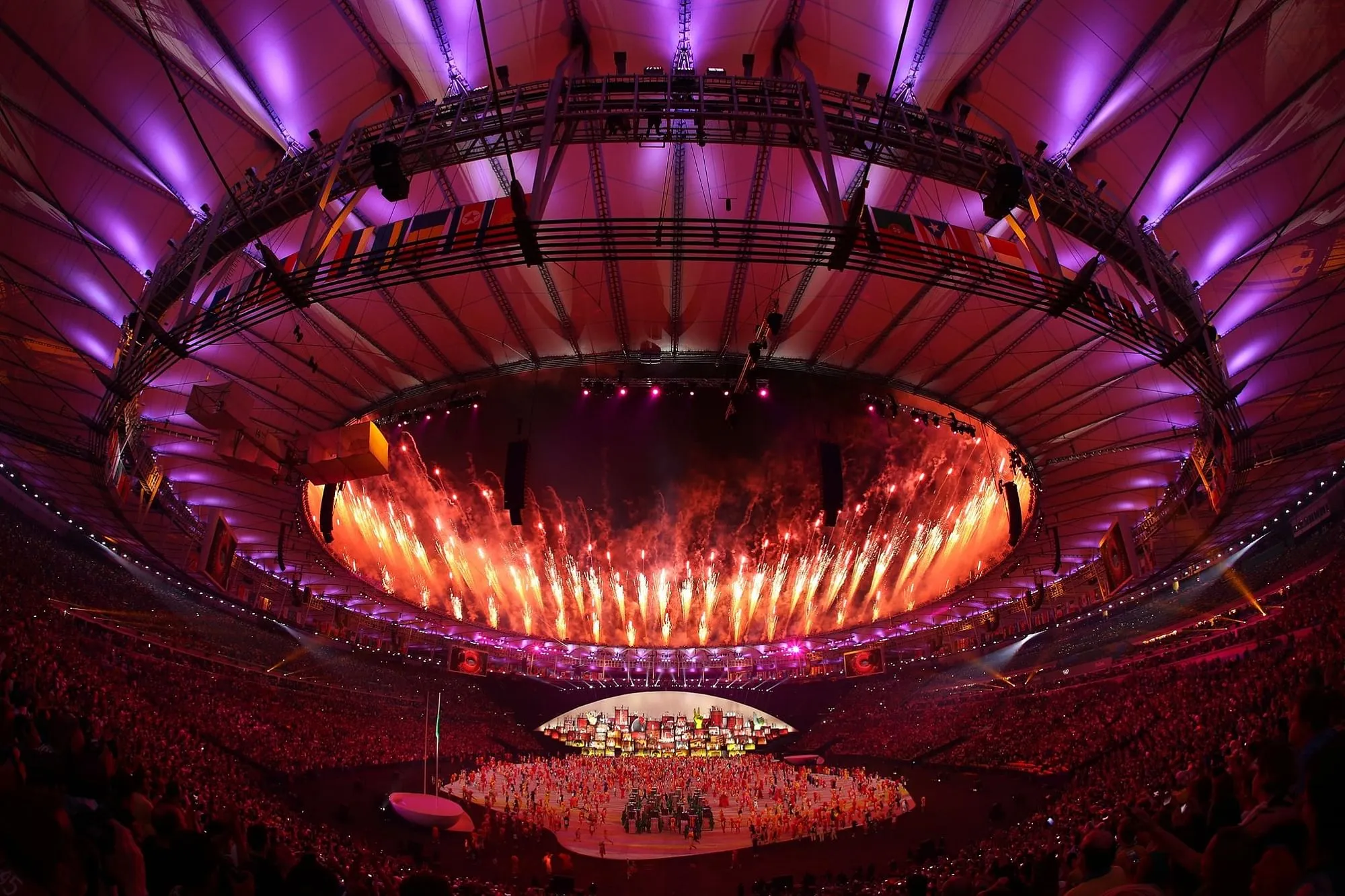The Olympic games in Tokyo began on July 23 and will conclude on August 8. Athletes from across the world have been participating in them for their personal and national glory. The latter aspect is built into the games format for while the flags of winners of gold, silver and bronze are raised, when they receive their medals, the national anthem of only the country of the winner of the gold medal is played. This underlines that the games are associated with the prestige and reputation of countries and are not only about individual or team performances.
Whenever nationalism becomes associated with sport it becomes a heady mixture. If to that ideology is added it can become toxic. That was first witnessed in the Berlin games in 1936. Nazi Germany was determined to validate its thought that the Aryan race was superior to all others. The games were orchestrated to show that. It also so happened that Germany won the highest number of medals—89 with 33 gold—among the 49 participating countries. However, its false and putrid racist ideology was exploded because of one of the greatest athletes of all times— the sprinter Jessie Owens. He was black and won 4 gold medals. His demeanour made him very popular with ordinary Germans but not, of course, the Nazi party.
The ideological aspect did not go away with the demise of Nazi Germany. The Cold War between the capitalist and the communist world fuelled it. Each camp wanted to show its prowess in the games. Consequently, many countries began to take sports seriously and wanted their sportspersons to succeed to show the superiority of their political systems. In this process while sports administrators as well as the sportspersons themselves of all countries emphasised the spirit of sportsmanship individual and team success began to be given priority over other considerations.
In the 1950s and in the next decades the governments of East European countries and Russia paid special attention to sports to show the superiority of the communist system. Talent for specific sports was spotted at a young age and the state groomed it in special training institutes. In addition to skills the instinct for winning was also sought to be imparted. The scheme met with success for the performance of sportspeople from East European countries in some sports improved. From the 1980s China took sports seriously to showcase the strength and vitality of its system. Over the decades its athletes have begun to do remarkably well in many sports areas and in the Tokyo games, as I write these lines, have won the highest number of gold medals so far.
Ten days before the inaugural of the Tokyo games Prime Minister Narendra Modi interacted with Indian sportspersons who had qualified for to participate in them. He complimented them for their discipline, dedication and confidence. He assured them that all of India would cheer for them. While saying that winning will become new India’s habit he asked the sportspersons not to take any pressure for victory but to just give their best. Modi’s latter words represent the actual spirit of sports where those who take part perform to the best of their ability. Naturally while they would like to win victory should be accompanied with honour.
This spirit of honour was demonstrated a few years ago during a long-distance race in Spain. A Kenyan athlete Abel Mutai was leading the field by far but stopped 10 metres short of the end because of a misunderstanding. He looked back and found everyone telling him to go on. He did not do so because he did not understand Spanish. The Spanish long distance runner Ivan Fernandez Anaya was coming second and when he reached where Mutai had stopped, he did not go ahead to the winning line. He went behind Mutai and pushed him ahead so that he won the race. After the race Anaya simply said “I didn’t deserve to win. I did what I had to do. He was the rightful winner”. Anaya’s gesture should be the model for all sportspeople. However, it is more likely that viewed from the perspective of nationalism which is focused on success it would be considered as naïve.
While soon after independence India created the bureaucratic structure to promote the sad fact is that the country has not reached its potential in many areas. This is despite the presence of talent as is witnessed from the success stories of many Indian sportspeople who have overcome the hurdle of poverty and lack of opportunity to go ahead in their chosen sports. But these are individual cases. What is now needed is to take sports development as a national endeavour. In this talent will have to be spotted at a young age and specially groomed in a comprehensive manner so that it reaches its full potential. It is only through this process that many more Indian sportspeople succeed in many sports disciplines.
Major Indian commercial groups should also devote resources to encourage different sports. Hitherto they have mainly focussed on the country’s favourite game, cricket. Consequently, cricket has sucked in enormous resources at the cost of other sports. Successful cricketers become national heroes. They overshadow all other sportspeople. This is also an undoubted cause for private capital not flowing into other sports. Business has to deliberately counter this trend to uplift the standard of other sports. It is only through the synergy of the government and private enterprise that Indian sports will reach its full potential across a range of disciplines. That will be far more satisfying then achieving greatness only in one game—cricket.







